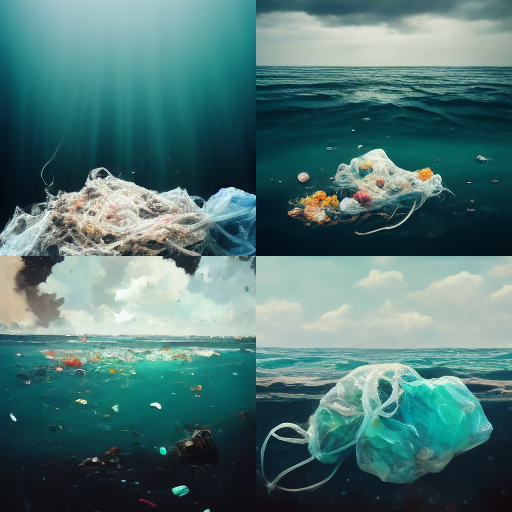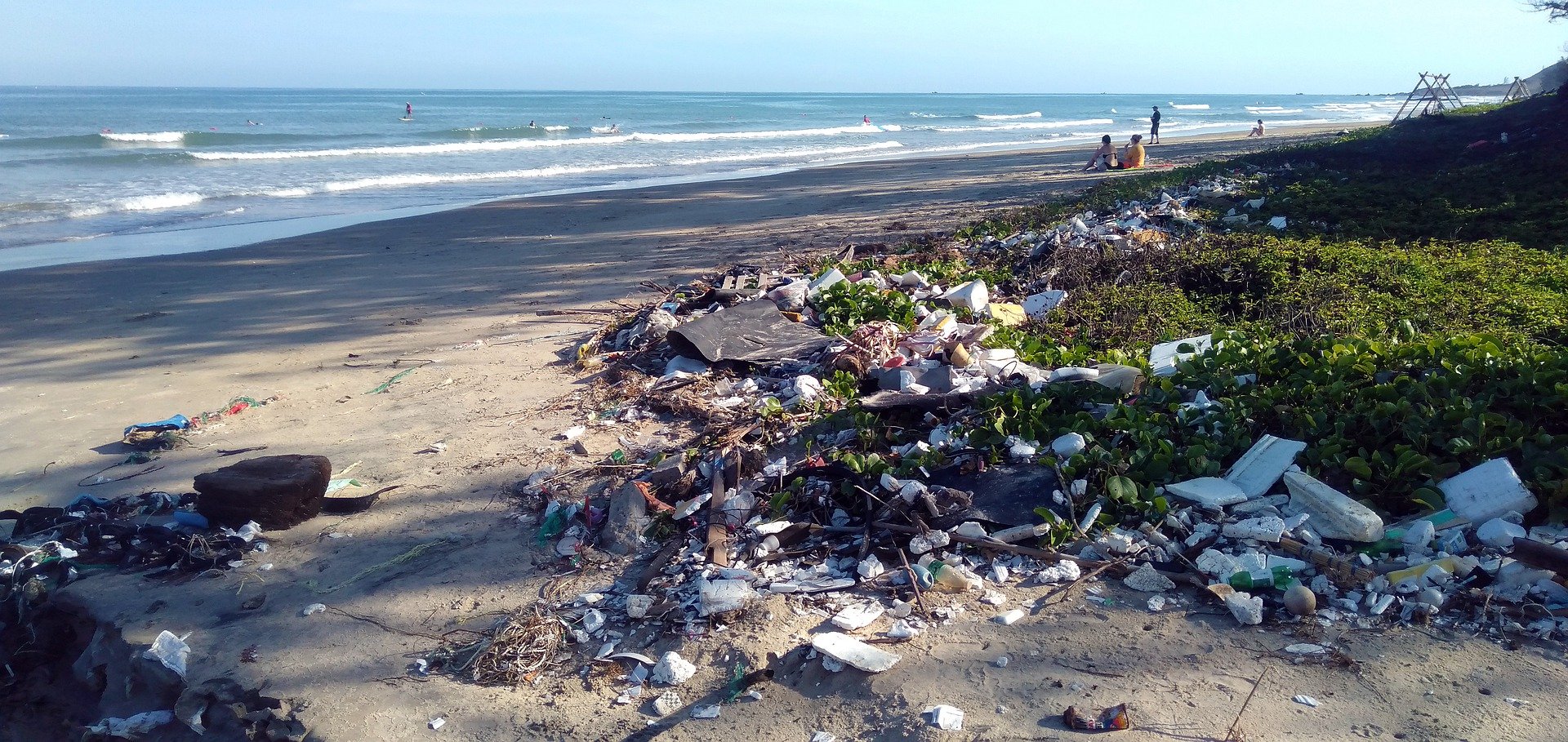The ocean is a vast and largely untouched ecosystem that covers over 70% of the Earth’s surface. It is home to an immensely diverse range of plant and animal life and provides a crucial human food source. However, the ocean is not immune to the effects of human pollution and is increasingly being contaminated by various harmful substances.
The main types of ocean pollution are sewage, oil spills, chemicals, and litter. Sewage pollution comes from treated and untreated human waste, which can contain various harmful bacteria and viruses. Oil spills are a significant problem in the ocean, as they can cause long-term damage to marine life and the environment. Chemicals can be released into the ocean from various sources, including factories, agriculture, and even household cleaners. Litter, such as plastic bags and bottles, is also a major problem, as it can choke and kill marine life and pollute the water.
There are many ways in which ocean pollution can have a negative impact on the environment. For example, it can kill marine life, damage coral reefs, and make the water unsafe for humans to swim in. Additionally, pollution can have a knock-on effect on the economy, as it can deter tourists from visiting polluted areas and damage the fishing and shipping industries.
How to reduce ocean pollution?
There are many things that individuals can do to help reduce ocean pollution. For example, we can reduce our own personal consumption of single-use plastics and instead opt for reusable alternatives. We can also support businesses working to reduce their environmental impact and lobby our governments to do more to reduce ocean pollution. Finally, we can educate others about the issue and raise awareness of how we can all help protect our oceans.

